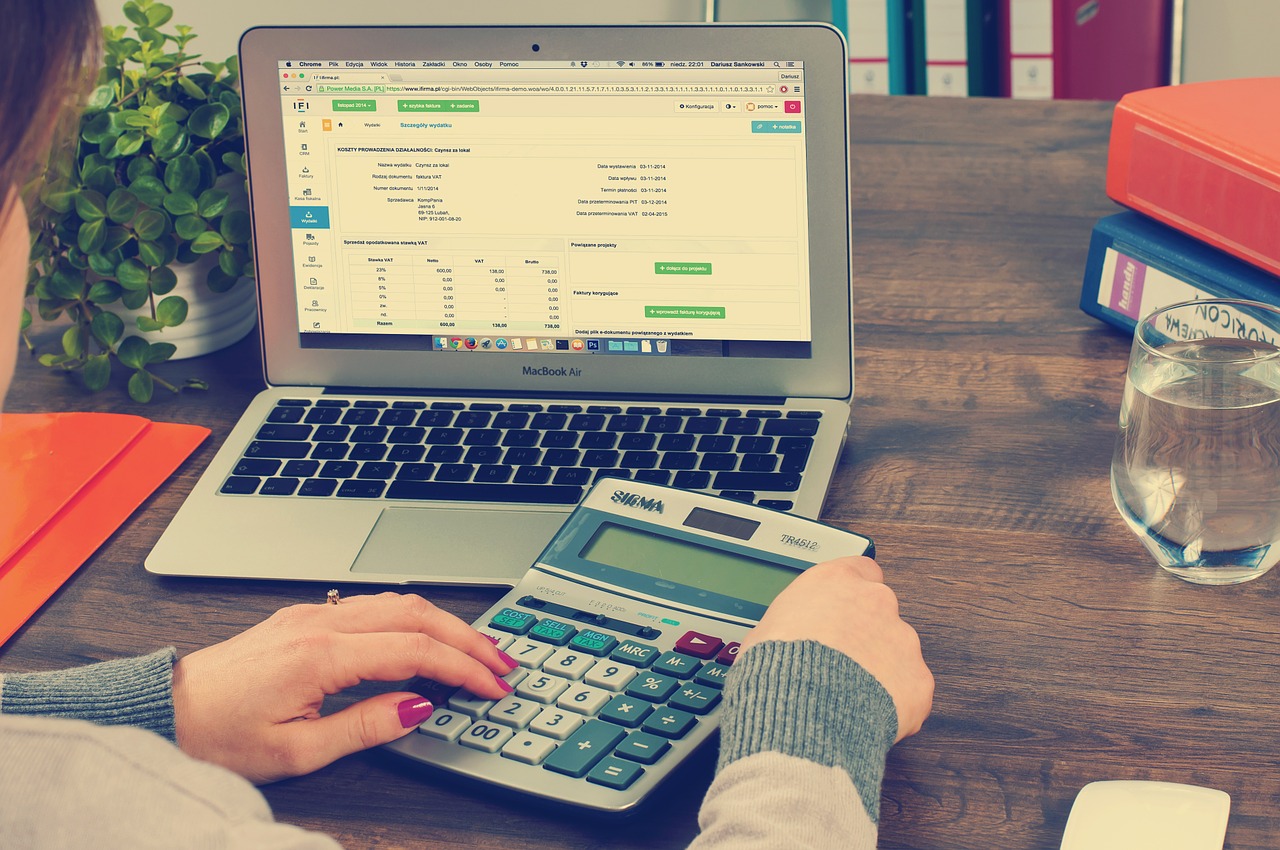How Blockchain Can Automate Accounting
accounting·@geneosio·
0.000 HBDHow Blockchain Can Automate Accounting
 There are a lot of challenges associated with accounting, such as manual workflows, double-entering of data, and verification issues. Luckily, blockchain is here to tackle these inefficiencies through decentralization and automation. Read on to explore the the blockchain's potential in the industry. ## Key Problems with Today’s Accounting * The accounting equation approach is based on double-entering of data. Data usually comes from multiple sources, and thus a lot of manual work is required to achieve a balanced result. * Data is usually stored centrally with only auditors and accountants having access to it. Although this approach seems to be an easy target for hackers, actually it’s not. Auditors, banks, courts, and tax specialists do regular checkups of all the records to prevent forgery. * A lot of tasks are still done manually. But the industry is too regulated and conservative to enable innovation. As a result, accounting is overloaded with manual and duplicated tasks. Its centrally-stored data is easy-to-hack. Third-party verifications are time- and cost-consuming. ## Blockchain Can Ease Up Accounting Procedures The potential benefits of blockchain in accounting are digitalization of manual tasks, verification of all records in a time- and cost-efficient way, and increased data protection. ### Secure Data Recording Acting as a digital ledger, blockchain can reduce the time for data recording. Currently, accountants double-enter all the data to eliminate errors and keep it balanced. Blockchain can simplify this procedure by recording transactions directly into the register. Since all the transactions are testified, no forging and errors are possible. ### Triggered Procedures Accounting procedures require numerous checks to avoid mistakes. Most of this workload is done manually. Blockchain allows handling this through smart contracts, where the required action is taken automatically when the trigger has been pulled. For example, when an employee’s vacation is over, the system makes a payout right away. ### Data Protection The inherently decentralized nature of blockchain assumes that data is split up and distributed over the chain’s nodes, which can be accessed by authorized members. This way, the blockchain can only be hacked through simultaneous attacks on all the computers in the particular chain. However, this is very unlikely as it's both expensive and difficult to accomplish. ### Efficient Audit Both third-party validation and internal verification processes are not cost-efficient and highly time-consuming, which is where blockchain can come in handy. As an incorruptible digital ledger, blockchain is capable of adding, removing or changing any record under the supervision of the chain’s members. In addition, with its append-only data storage, blockchain offers the benefits of real-time data traceability. ## Two Ways to Implement Blockchain If a company wants to adopt the highly automated blockchain technology for accounting, there are two options: * Build its own, custom blockchain-based software. It can be done on top of a blockchain platform such as [genEOS](http://geneos.io/). * Another way is to use an off-the-shelf solution, like [PeaCounts](https://peacounts.io/) or [Accounting Blockchain](https://www.theaccountingblockchain.io/). ## Summing Up: Blockchain in Accounting * Serving as a digital ledger, blockchain reduces the number of errors and eliminates the need for third-party verification services. * The smart contract-powered technology simplifies reconciliation procedures by carrying them out automatically. * Blockchain’s approach to data storage allows transactions that can be traced in seconds. * Data security lies at the core of blockchain’s inherently decentralized design.
👍 syslic,